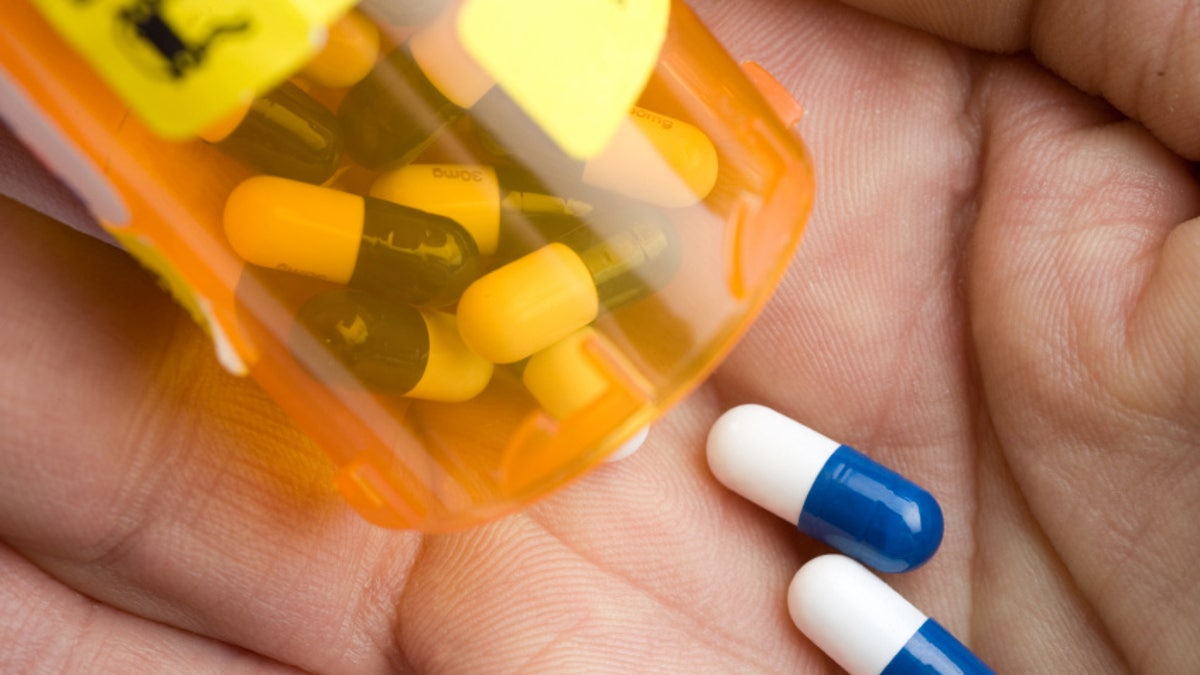
One of the ways in which I have helped patients who suffer with depression and sexual dysfunction is by getting them off their beta blockers. Traditionally, these medications, used to treat heart arrhythmias and hypertension, have commonly caused low energy, adverse sexual side effects and, not infrequently, major depression.
Substituting medications such as a calcium channel blocker or an ACE inhibitor for the beta blocker saved many of my patients from the ravages of beta blockers, while still addressing their heart problems or hypertension. But that hasn’t always been possible, because beta blockers do have unique qualities that sometimes make them indispensable.
Now, a beta blocker marketed as Bystolic (generic name, nebivolol) is available that may be the answer for many patients. Bystolic selectively inhibits a class of beta receptors (the beta-1 receptor) whose blockade still achieves beneficial cardiac and peripheral vascular effects, while being significantly less likely to cause side effects like depression and sexual problems. While there are other selective beta-1 inhibitors, Bystolic seems to be particularly powerful and targeted in this regard.
Bystolic has its own side effects, of course, and needs to be used with caution in certain patient group and is contraindicated in some individuals. So it is always important to tell your doctor about all the conditions for which you are being treated and any side effects you have experienced with medications in the past.
But, if you are depressed, experiencing extreme low energy, or suffering with sexual dysfunction and are being treated with a traditional beta blocker—the beta blocker might be the culprit. Because it is a different breed of beta blocker, Bystolic may be “just what the doctor ordered.”








































